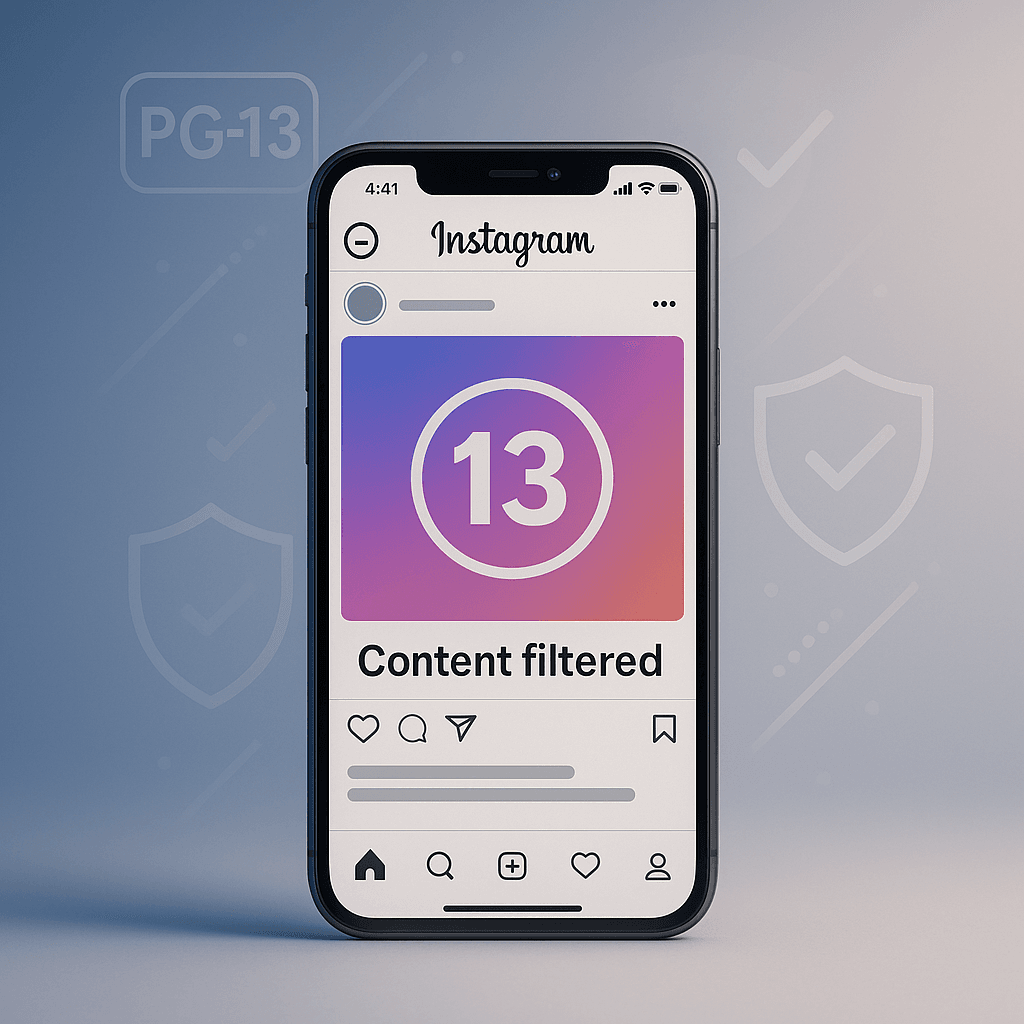Wired just released its definitive guide to the best iPhone VPNs for 2025, putting dozens of services through rigorous testing to identify the three that actually deliver on their security promises. The tech publication's review comes as iPhone users face growing privacy concerns and a flood of questionable VPN apps flooding the App Store.
Wired just delivered what might be the most thorough iPhone VPN review of 2025, and the results reveal how few services actually live up to their promises. After testing dozens of VPN apps through a gauntlet of security, speed, and usability tests, tech reviewer Jacob Roach narrowed the field to just three reliable options.
The winners - NordVPN, ProtonVPN, and Windscribe - all passed Roach's rigorous three-part test: rock-solid security, minimal speed loss, and that crucial one-tap connection iPhone users demand. "If you need to configure anything, that's a disqualification," Roach explained in his comprehensive review.
But it's who didn't make the cut that tells the real story. ExpressVPN, despite having impressive technical specs that should have earned it a top spot, got axed due to what Roach calls "a spiral of increasing controversies." The service's acquisition by Kape Technologies - the company behind the infamous Crossrider adware - triggered a cascade of red flags that continue today.
The ExpressVPN situation gets messier. Former US intelligence official Daniel Gericke served as CTO for two years after being fined over $300,000 by the Department of Justice for hacking activities on behalf of a foreign government. While Gericke left in 2023, that same year brought mass layoffs and Kape's delisting from the London Stock Exchange.
Roach's testing methodology sets a new standard for VPN reviews. Instead of relying on single speed tests that can be wildly misleading, he ran 20 separate tests for each service across five different server locations at varying times of day. The process revealed significant performance gaps - Surfshark dropped 20% of connection speed compared to just 15% for the top picks.
"Speed testing is highly variable, and trying to come out with one singular number to encompass the speed of thousands of servers is a fool's errand," Roach noted. His approach of averaging multiple tests while removing outliers provides a more realistic picture of day-to-day performance.
The security requirements proved even more stringent. Every recommended VPN had to pass independent security audits and demonstrate their no-logs policies held up under legal pressure. "You indeed need to put some trust that the VPN provider you're using is telling the truth, but the options I included all have rock-solid track records when it comes to transparency," according to the review.












